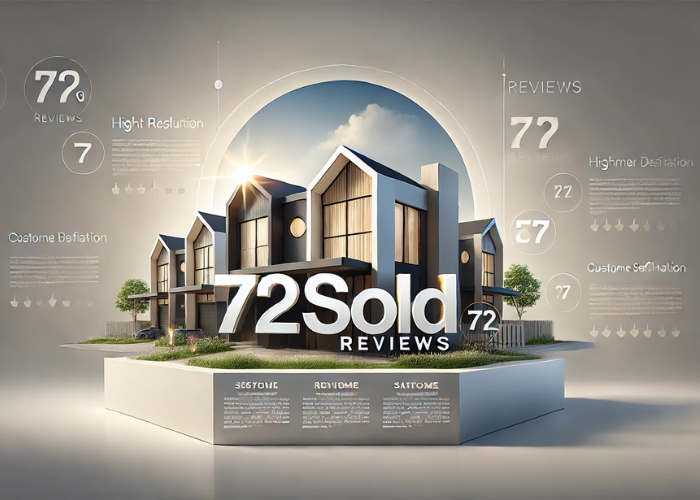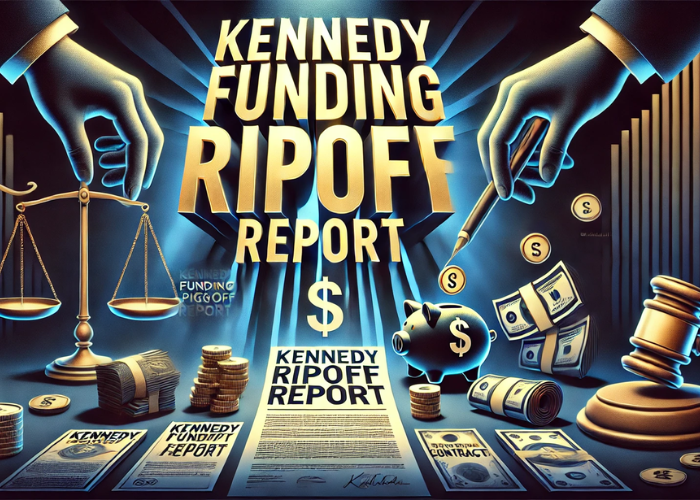Today, negotiating the domestic market is like balancing on a tightrope between hope and doubt. There is some hope for potential homeowners as mortgage rates, which were earlier at record highs, have started to somewhat decline. At the same time, low supplies and steady demand have kept house values steady in many areas.
Many people are posing the urgent question amid these changes. Is now an excellent time to purchase a home? The decision-making process has been made more difficult by economic swings including changes in inflation and Federal Reserve policy.
In a cooling market, some buyers perceive an opportunity to bargain for lower prices, while others wonder if it would be wiser to wait for better circumstances.
Market timing, individual financial situations, and regional trends all have a significant impact on the housing market. The decision to purchase a home now necessitates careful consideration and a thorough comprehension of the variables involved, whether you’re assessing affordability, mortgage rates, or long-term investment possibilities.
When Is the Best Time to Buy a House?
Current Market Conditions
In 2024, buyers will face a mixed situation in the housing market due to moderate price increase and falling mortgage rates. Mortgage rates have lately fallen below 6%, which has reduced borrowing expenses for some buyers despite recent high interest rates. Home prices are still rising, nevertheless, as a result of persistent supply shortages and high demand in many areas.
When to Make a Purchase
A number of variables, such as individual preparation and market trends, influence the ideal timing to purchase a home. Both seasons provide special benefits, with less competition in the winter and more inventory anticipated in the spring. While spring offers more options, a sluggish market allows buyers to negotiate better prices.
Impact on the Economy
The housing market is significantly shaped by economic factors like inflation and Federal Reserve policies. The entire effect of the Fed’s recent interest rate drop on long-term mortgage rates is still being felt. Buyers should keep a careful eye on these changes to see how they may impact loan costs and home prices.
Should I Buy a House Now
Pros of Buying a House Now
Buying a house can be a wise long-term financial decision. Your property may gain value over time as home values rise, particularly if the local market is expanding.
Getting a mortgage at a good rate can save money in the long run. Buyers now have the opportunity to lock in a more affordable monthly payment because mortgage rates have recently fallen below 6%. Deductions for mortgage interest and property taxes are two tax advantages of homeownership. These can increase the financial benefits of homeownership by lowering your overall tax liability.
Having a home gives you stability, a sense of permanence, and emotional fulfillment. Without the constraints of renting, it enables you to accumulate equity and personalize your living area.
Cons of Buying a House Now
Due to a lack of available inventory, property prices in many locations continue to rise despite slowing market growth. Bidding wars and strong demand in competitive marketplaces can drive prices above what many consumers would consider fair.
If home values begin to level out or drop in the future years, you may end up overpaying for a property. The value of the investment may drop for buyers who purchase at peak prices if the market corrects. Many buyers would still find themselves in a perilous financial situation despite lower mortgage rates because of inflation and potential economic instability. Unexpected changes in interest rates or personal circumstances might put those with limited resources in financial jeopardy.
Homeownership entails recurring expenses like upkeep and property taxes in addition to the original purchase price. When assessing whether homeownership is affordable, these costs should be carefully taken into account because they can mount up over time.
Benefit from the Worst Time for the Real Estate Sector
Benefit from Market Downturns
Downturns in the real estate market can provide buyers special chances, despite the fact that they may appear to be difficult times. In contrast to times of sharp price increases, property prices typically stabilize or even decline as demand declines, enabling purchasers to purchase properties at more affordable costs.
Better Negotiation Opportunities Result from Lower Demand
Because there is usually less competition in a sluggish market, there is more wiggle room. It may be simpler to negotiate a good deal if sellers are more prepared to accept lower offers or give incentives like lowered prices or closing expenses reimbursement. Buyers who are able to wait for the ideal chance will benefit most from this dynamic.
Limited Competition Facilitates Careful Choices
Because there are fewer buyers in the market during a downturn, there is less pressure to make snap decisions. Buyers have more time to thoroughly explore properties, negotiate terms, and evaluate them. This lessens the possibility of overspending on a home or making a snap decision due to bidding war pressure.
Conclusion: Should I Buy a House Now or Wait?
Depending on the state of the market and your financial situation, you can choose to buy a home now or wait. For those who are ready, there may be chances as mortgage rates are reduced and home values are leveling off in some regions. Nonetheless, in competitive marketplaces, prices are still high, and if the market corrects, there is a chance that you will overpay.
Evaluating your readiness for homeownership and financial status is the best course of action. Purchasing now could be a wise move if you are prepared for a long-term investment and can comfortably pay a mortgage. However, it can make more sense to wait for better circumstances if you’re uncertain about future changes in the market. Your financial stability and personal objectives should guide your decision.
Will housing be cheaper if the market crashes?
Home prices may drop in the event of a housing market collapse, giving purchasers more affordable options. It is difficult to forecast the precise moment and extent of a market fall, though. In the past, crashes frequently resulted in temporary price drops, although the length of the recovery varied depending on the overall state of the economy. Because market breakdowns can also result in financial instability, which can affect other areas like job security or financing circumstances, buyers should exercise caution.
Will 2025 be a better year to buy a house?
Whether 2025 will bring better buying conditions is hard to say for sure because it depends on a number of variables, including inflation, interest rates, and economic recovery. Right now, mortgage rates are predicted to go down a little, which might make things better for buyers in 2025. Prices could stay high, though, if inflation stays high or the housing market continues to suffer supply limits. For this reason, it’s crucial to keep a close eye on market developments before making a decision.
What type of mortgage does not require a down payment?
A down payment is not necessary for a number of mortgage choices, such as USDA and VA loans. Current and former military service members and their families can apply for VA loans, while qualified buyers in rural or suburban areas can apply for USDA loans. These loans let you pay for all of the costs associated with buying a house, but they could have some requirements.
Should I buy a house before rates drop?
Waiting might enable you to get a lower interest rate, which could save you money over the course of the loan, if mortgage rates are predicted to decline soon. Waiting for rates to drop, however, might not always be the best course of action if you locate a property that suits your needs and you are financially prepared, as home prices may rise during that period. It’s critical to balance the possible costs of rising house values against the advantages of a reduced rate.
Should I buy a house now or wait for a recession?
Because recessions frequently bring economic instability, higher unemployment rates, and maybe tighter credit conditions, waiting until one to buy a home can be risky. Lower property prices may result from a recession, but it also brings financial instability that may make it more difficult to get a loan or make mortgage payments. Purchasing now, rather than waiting for an uncertain economic downturn, may provide greater security if you are financially secure and prepared to become a homeowner.



